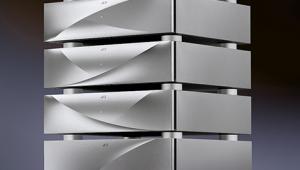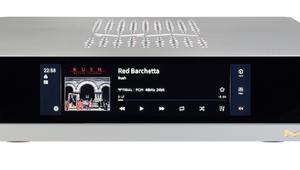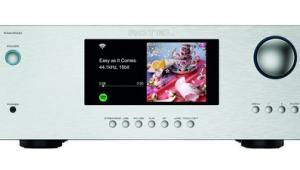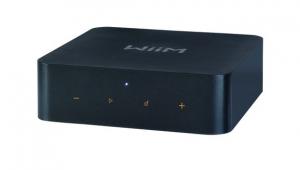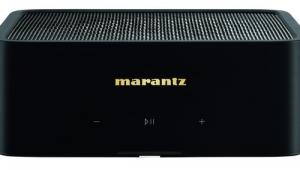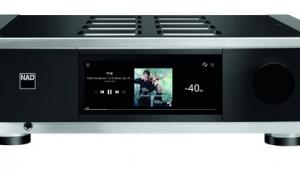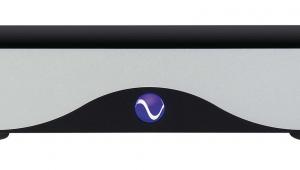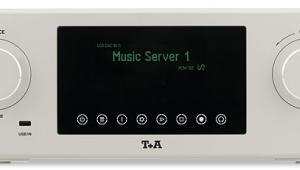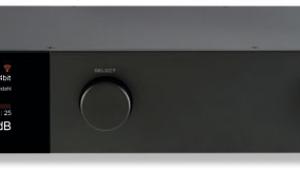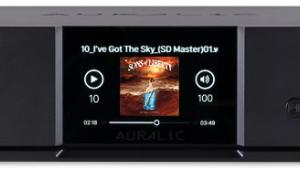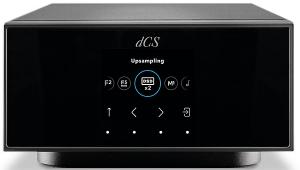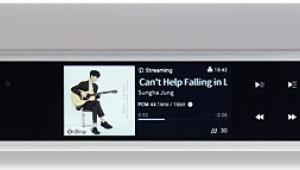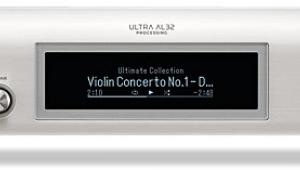Aqua LinQ Network Bridge Lab Report
The LinQ's closest bedfellows in the hi-fi market are products like the Pro-Ject Stream Box S2 Ultra [HFN Oct '18] and dCS Bridge [HFN Jun '17], all of which are digital signal conditioning devices without either onboard ripping or storage services. In practice this means re-clocking and formatting data between Ethernet and, in this case, AES/EBU and S/PDIF output formats. The LinQ's S/PDIF output falls a little outside the 0.9-1.2V IEC-958 specification at 766mVp-p but deterministic jitter is well within the ±20nsec window at ±1nsec. Aqua uses a wideband line driver that confers a 'fast' 5.8nsec risetime with minor ringing and overshoot into a standard 75ohm termination [see Graph 1].
Otherwise, as the music data remains in the digital domain in and out of the LinQ, any uplift in subjective performance over a conventional NAS or PC/Mac can only be inferred via a third-party DAC. Secondary re-clocking or jitter suppression within the attached DAC is also a factor here, so a DAC with excellent performance may not express a significant difference. Similarly, a DAC that incurs jitter at the chip level will not improve regardless of the LinQ's re-clocking of the digital data. A good example of the former is provided by Mytek's Brooklyn DAC [HFN Aug '17] which employs an ES9018 converter expressly recognised for its built-in jitter suppression.
So there was no difference in the 115.5dB A-wtd S/N ratio between both instrument-grade PC and Aqua LinQ/Mytek combinations and essentially no difference in the 8psec/7psec jitter (48kHz/96kHz sample rates). However there was a reduction in non-jitter spuriae between the custom PC and LinQ [red and black traces, Graph 2, below]. A similarly high level of performance was measured via Musical Fidelity's PCM1795-equipped MX-DAC where jitter remained <10psec at all sample rates with the Aqua LinQ as the interface. PM
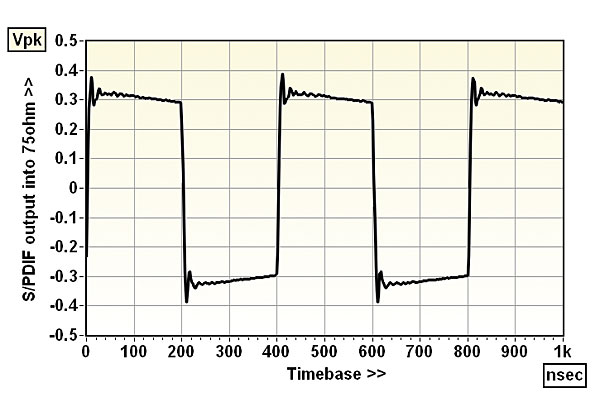
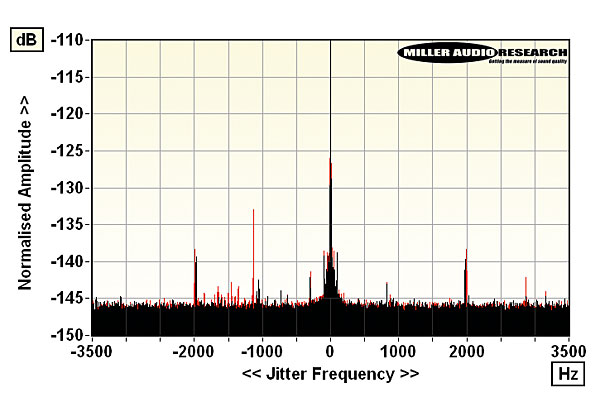
| Digital inputs | 1x Ethernet |
| Digital outputs | AES, dual-AES, I2S, 2x S/PDIF |
| S/PDIF (output level/risetime) | 766mVp-p / 5.8nsec |
| Digital jitter (Mytek Bridge) | 8psec (9psec via PC S/PDIF) |
| Digital jitter (MF MX-DAC) | 9psec (12psec via PC S/PDIF) |
| Power consumption | 5W |
| Dimensions (WHD) / Weight | 450x100x370mm / 9kg |
| Price | £4982 (£5999 with Roon and UPnP modules) |



